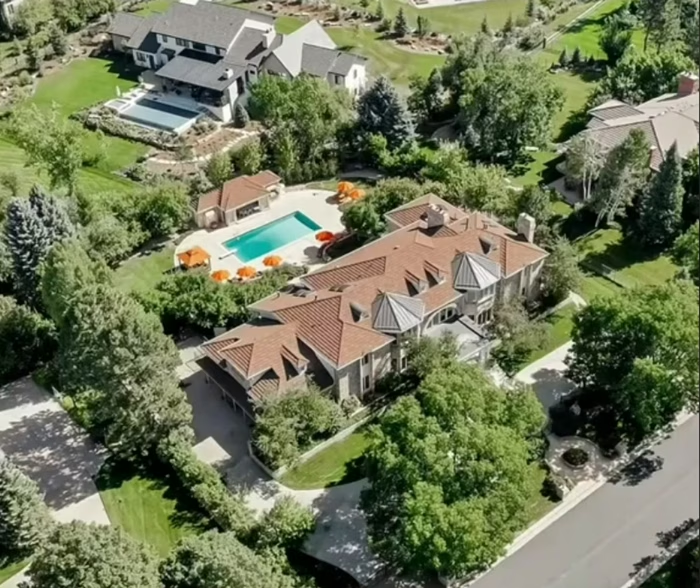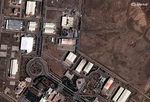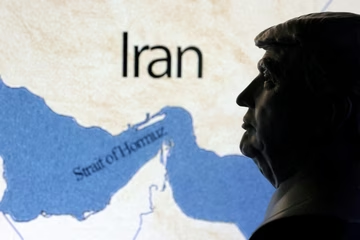Croat lawmaker: Proposed election law derogates Constitution

The Law on Constituencies, which Croat representatives boycotted by not attending the session of the Federation's House of Representatives the last week, is contrary to the Constitution and it derogates the Constitution and Constitutional Court of Bosnia and Herzegovina, said Chairman of the Croat People's Assembly's (HNS) Main Council Bozo Ljubic.
Oglas
Speaking for N1, Ljubic commented the recently discussed law, which raised tensions among Bosniaks and Croats in the Federation of Bosnia and Herzegovina (FBiH), Bosnia's semi-autonomous entity shared by these two ethnic groups.
“I have been politically active for a long time and I don't know of a single act of a single institution in Bosnia which is of anti-state nature and focused towards the division of the state as this act. I cannot name it any different but absurd,” stressed Ljubic.
Bosnian politicians and lawmakers have been struggling for two years now to amend the Election Law in a way that would implement the Constitutional Court's decision, which two years ago assessed as unconstitutional certain provisions of the law that refer to equal and proportional representation in the FBiH Parliament.
Oglas
After a series of unsuccessful political talks, four parties seated in Sarajevo recently proposed the Federation's Law on Constituencies, which they believed would solve the issue of representation in the entity parliament. The Croat parties rejected to attend the parliament's session discussing the law, saying that the proposal “harshly ignored the Constitutional Court's decision.”
“The Election Law and the Constitutional Court's decision cannot be implemented at any other level but the level of the Parliament of Bosnia and Herzegovina. I am sad that people and main actors in Bosnia fail to understand that,” said Ljubic, adding that he is afraid the persisting in this absurd may lead to “breakup of Bosnia and Herzegovina, because I know this cannot be implemented in a peaceful way.
Ljubic, who represents Bosnian Croats in the Parliament of Croatia, concluded that Bosnia and Herzegovina was a multi-ethnic country where the constituent status of peoples meant its statehood.
Bosnia and Herzegovina's Constitution explicitly mentions three ethnic groups i.e. constituent peoples who are entitled to the same equal rights in governing the state.
Kakvo je tvoje mišljenje o ovome?
Učestvuj u diskusiji ili pročitaj komentare
Oglas
Kakvo je tvoje mišljenje o ovome?
Učestvuj u diskusiji ili pročitaj komentare
Oglas





 Srbija
Srbija
 Hrvatska
Hrvatska
 Slovenija
Slovenija



























































